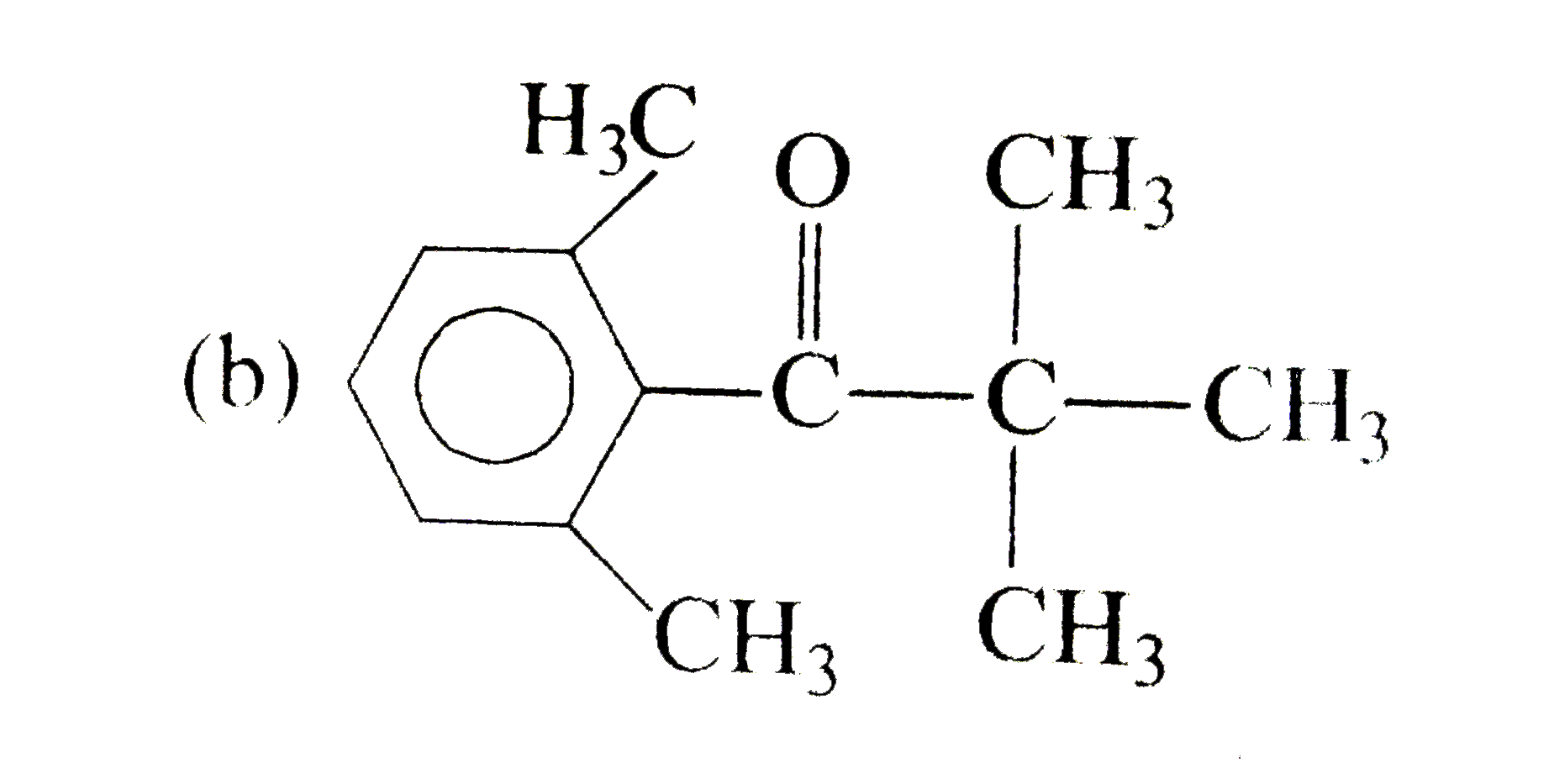react with which of the following to give methane gas
All of these
To determine which reactants can react with CH₃MgBr (methylmagnesium bromide) to produce methane (CH₄), we need to analyze the nature of CH₃MgBr and the potential reactants.
1. Understanding CH₃MgBr:
- CH₃MgBr is a Grignard reagent. In this compound, the carbon (C) in CH₃ has a partial negative charge, while magnesium (Mg) has a partial positive charge. This makes CH₃ a strong nucleophile and a strong base.
2. Reactivity of Grignard Reagents:
- Grignard reagents like CH₃MgBr can react with compounds that have acidic protons (H⁺). When they react with such compounds, they can abstract the acidic proton, leading to the formation of hydrocarbons.
3. Identifying Acidic Protons:
- We need to identify which of the given reactants has acidic protons that can react with CH₃MgBr to form methane. The possible reactants mentioned in the question are H₂S (hydrogen sulfide), H₂O (water), and NH₃ (ammonia).
4. Reaction with H₂S:
- H₂S has acidic protons. The reaction can be represented as:
CH₃MgBr+H₂S→CH₄+MgBrS
- Here, CH₄ (methane) is formed.
5. Reaction with H₂O:
- Water also has acidic protons. The reaction can be represented as:
CH₃MgBr+H₂O→CH₄+Mg(OH)Br
- Again, CH₄ (methane) is formed.
6. Reaction with NH₃:
- Ammonia (NH₃) has a hydrogen atom that can be considered acidic in this context. The reaction can be represented as:
CH₃MgBr+NH₃→CH₄+MgBrNH₂
- Once more, CH₄ (methane) is produced.
7. Conclusion:
- Since CH₃MgBr reacts with H₂S, H₂O, and NH₃ to produce methane in all cases, the answer to the question is that CH₃MgBr can react with all of the given options to produce methane.
Final Answer:
The correct answer is all of these (option 4).
---
- CH₃MgBr is a Grignard reagent. In this compound, the carbon (C) in CH₃ has a partial negative charge, while magnesium (Mg) has a partial positive charge. This makes CH₃ a strong nucleophile and a strong base.
- Grignard reagents like CH₃MgBr can react with compounds that have acidic protons (H⁺). When they react with such compounds, they can abstract the acidic proton, leading to the formation of hydrocarbons.
- We need to identify which of the given reactants has acidic protons that can react with CH₃MgBr to form methane. The possible reactants mentioned in the question are H₂S (hydrogen sulfide), H₂O (water), and NH₃ (ammonia).
- H₂S has acidic protons. The reaction can be represented as:
CH₃MgBr+H₂S→CH₄+MgBrS
- Here, CH₄ (methane) is formed.
- Water also has acidic protons. The reaction can be represented as:
CH₃MgBr+H₂O→CH₄+Mg(OH)Br
- Again, CH₄ (methane) is formed.
- Ammonia (NH₃) has a hydrogen atom that can be considered acidic in this context. The reaction can be represented as:
CH₃MgBr+NH₃→CH₄+MgBrNH₂
- Once more, CH₄ (methane) is produced.
- Since CH₃MgBr reacts with H₂S, H₂O, and NH₃ to produce methane in all cases, the answer to the question is that CH₃MgBr can react with all of the given options to produce methane.
The correct answer is all of these (option 4).
Similar Questions
Knowledge Check
- Question 1 - Select One
When Grignard reagent (CH3MgBr) reacts with CO2, which of the following is obtained ?
AHCOOHBCH3COOHCCH3COCH3DHCHO - Question 2 - Select One
Which of the following reaction will not give methane?
ACH3COONaNaOH+CaO−−−−−−−→ΔBBeC2+H2OΔ−−→CAl4C3+H2OΔ−−→DAll of those - Question 3 - Select One or More
Which of the following ketone does not react with CH3MgBr?
ACH3−O∣∣C−CH3B CH3C−CH3∣∣C∣CH3−O∣∣C−CH3∣C∣CH3−CH3DPh−O∣∣C−CH3
CH3C−CH3∣∣C∣CH3−O∣∣C−CH3∣C∣CH3−CH3DPh−O∣∣C−CH3
Generally metals react with acids to give salt and hydrogen gas. Which of the following acids does not give hydrogen gas on reacting with metals (except Mn and Mg)?
View SolutionGenerally metals react with acids to give salt and hydrogen gas. Which of the following acids does not give hydrogen gas on reacting with metals (except Mn and Mg)?
View SolutionWhich of the following compound will not produce methane gas on reaction with CH3MgBr.
View SolutionMethyl oxirane on reaction with CH3MgBr, followed by hydrolysis, gives alcohol. By which of the following mechanisms does the reaction proceed ?
View SolutionA Grignard reagent , such as (CH3MgBr) will react with C2H5OH and then with acidified water to produce
View Solution

